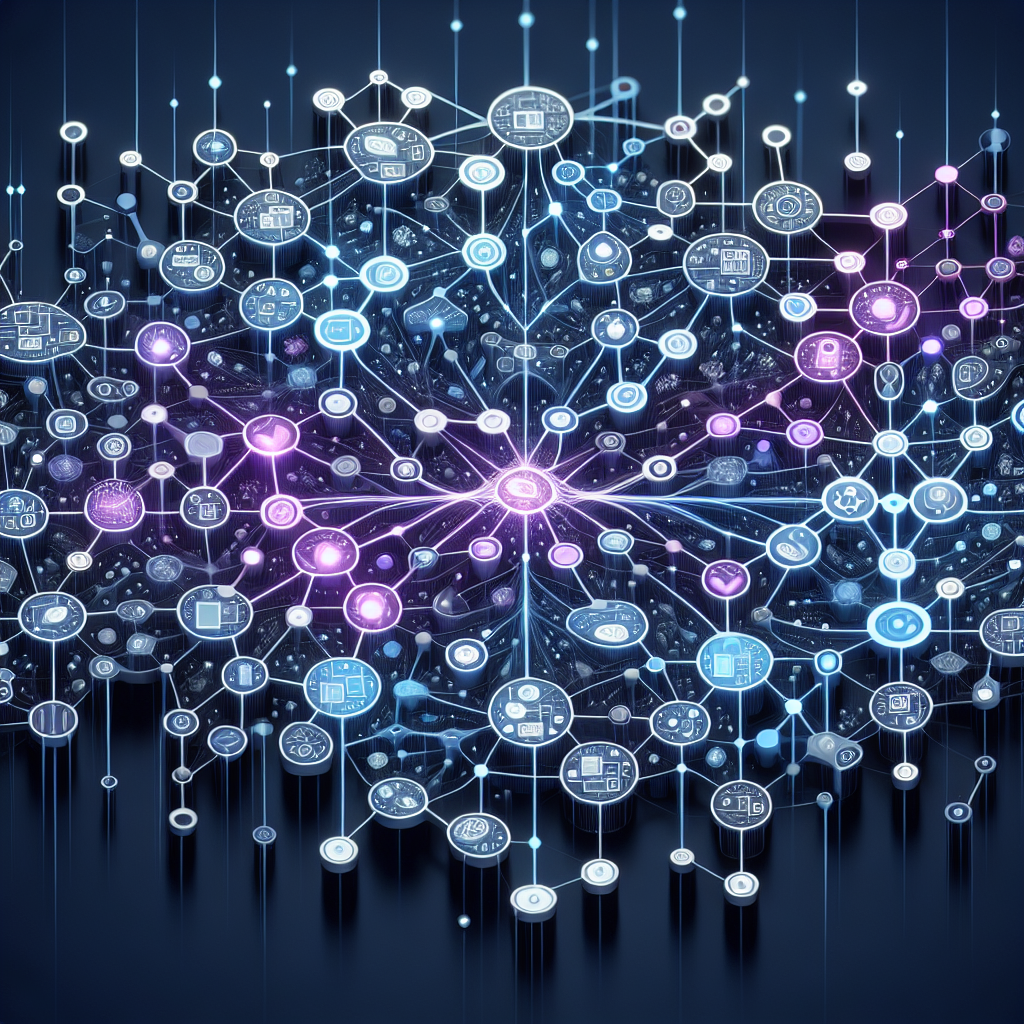Fix today. Protect forever.
Secure your devices with the #1 malware removal and protection software
Recurrent Neural Networks (RNNs) have gained popularity in recent years for their ability to effectively model sequential data and time series data. While RNNs have shown great promise in tasks such as language modeling, speech recognition, and machine translation, training them for complex data tasks comes with its own set of challenges and opportunities.
One of the main challenges in training RNNs for complex data tasks is dealing with vanishing and exploding gradients. RNNs have a tendency to suffer from the vanishing gradient problem, where gradients become very small as they are backpropagated through time. This can prevent the model from effectively learning long-term dependencies in the data. On the other hand, the exploding gradient problem occurs when gradients become very large, leading to unstable training and convergence issues.
To address these challenges, researchers have proposed several techniques such as using gradient clipping, using different activation functions like the LSTM or GRU cells, and implementing techniques like batch normalization and layer normalization. These techniques help stabilize the training process and prevent the vanishing and exploding gradient problems.
Another challenge in training RNNs for complex data tasks is overfitting. RNNs have a large number of parameters that need to be trained, which can make them prone to overfitting on the training data. To combat overfitting, techniques such as dropout, early stopping, and regularization can be applied. These techniques help prevent the model from memorizing the training data and improve its generalization ability.
Despite these challenges, training RNNs for complex data tasks also presents exciting opportunities. RNNs have the ability to capture temporal dependencies in data, making them well-suited for tasks such as time series forecasting, natural language processing, and video analysis. By effectively training RNNs on complex data tasks, researchers can unlock new insights and discoveries in various fields.
Furthermore, advancements in hardware and software technologies have made training RNNs more efficient and scalable. With the availability of powerful GPUs and specialized hardware like TPUs, researchers can train RNNs on large datasets and complex models in a fraction of the time it would have taken previously. This allows for faster experimentation and iteration, leading to quicker progress in the field of deep learning.
In conclusion, training RNNs for complex data tasks comes with its own set of challenges, but also presents exciting opportunities for advancements in deep learning. By addressing issues such as vanishing and exploding gradients, overfitting, and leveraging advancements in hardware and software technologies, researchers can unlock the full potential of RNNs in modeling complex data tasks.

#Challenges #Opportunities #Training #Recurrent #Neural #Networks #Complex #Data #Tasks,rnn

Leave a Reply
You must be logged in to post a comment.